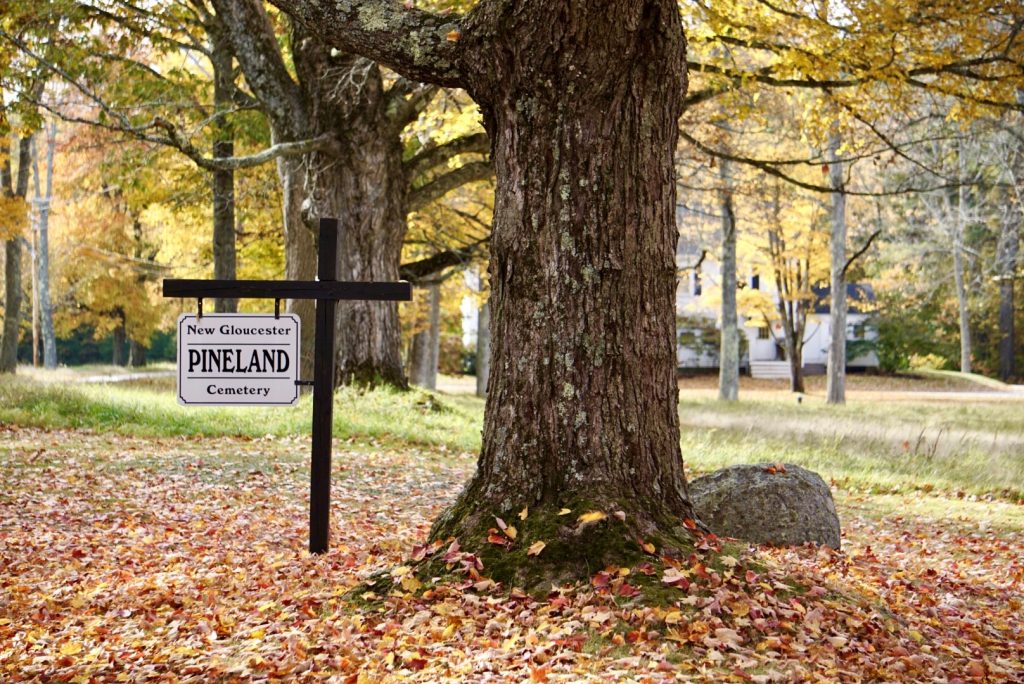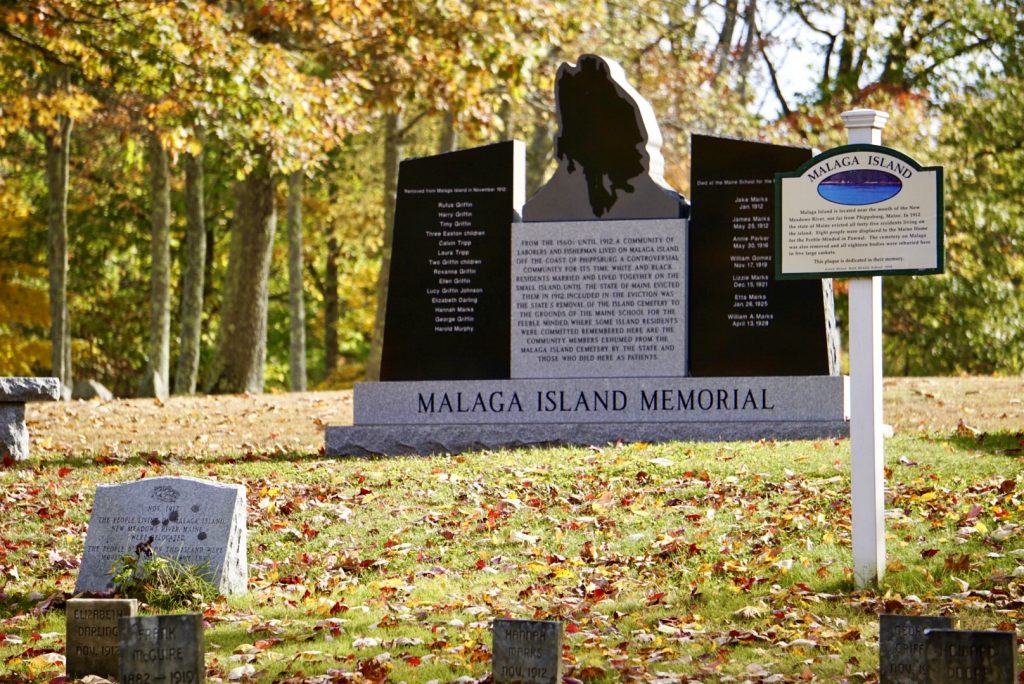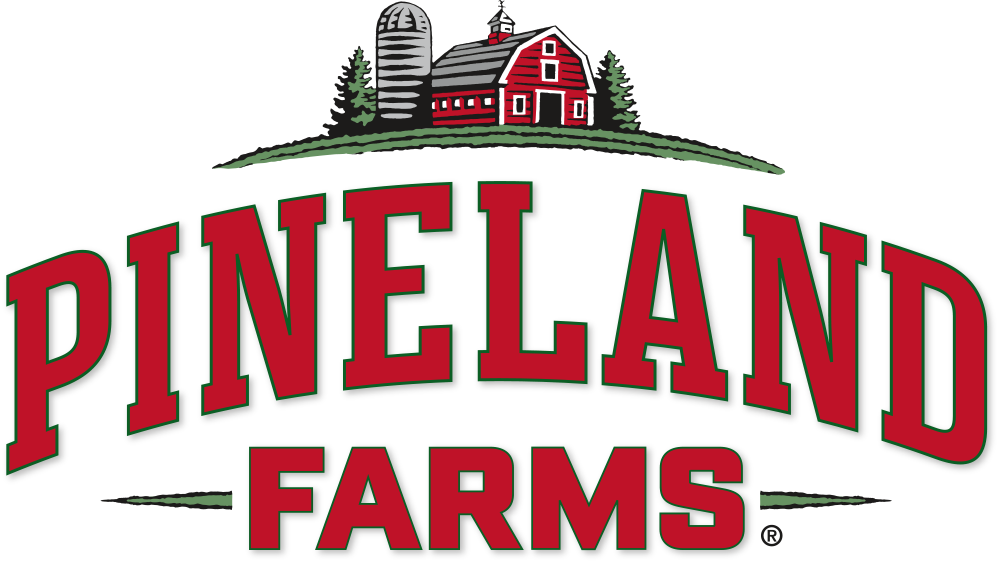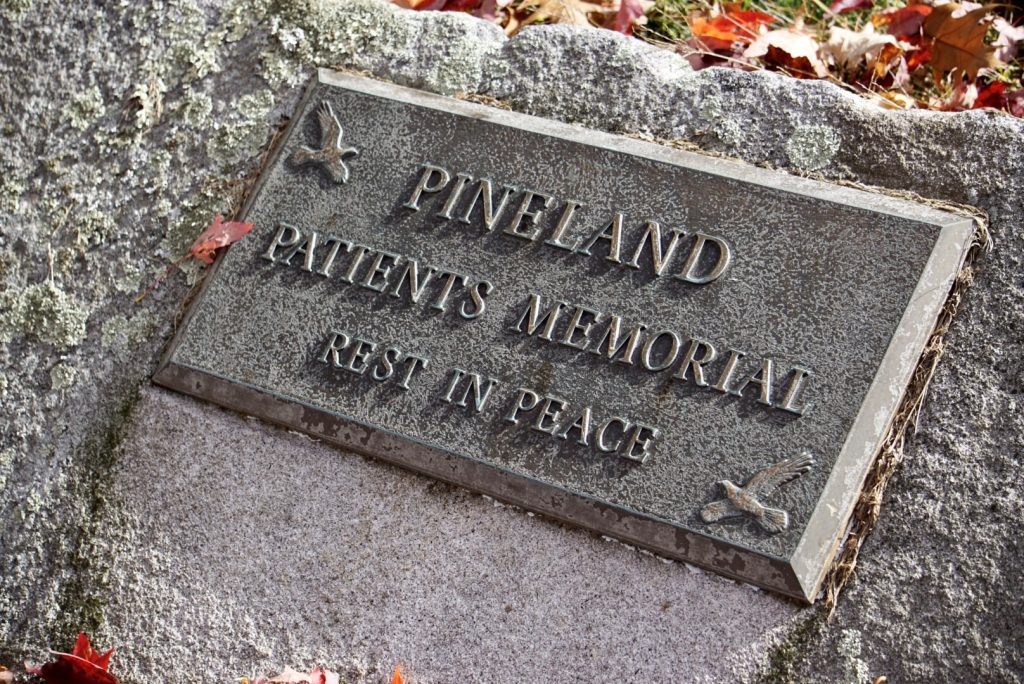The History of Pineland & Malaga Island
Pineland Farms is a 5,000-acre working farm, business campus, and educational and recreational venue that welcomes visitors to enjoy its beautiful rural landscape in New Gloucester, Maine. Connecting community to the land through agriculture, education, and recreation is at the heart of Pineland’s mission.
But there is more to the history of Pineland and the surrounding farms. We encourage you to learn about Pineland’s past, as it is inextricably linked to the history of Maine and the United States. Understanding our past provides an instructive context in which to contemplate the future.
In the early 20th century, the State of Maine purchased six farms in New Gloucester, comprising most of what is now known as Pineland, for the purpose of housing citizens with intellectual disabilities, orphans, and other wards of the state. This institution was initially known as the Maine School for the Feeble Minded, and opened its doors in 1908. At nearly the same time, something egregious was happening in the small coastal town of Phippsburg just 45 minutes northeast of New Gloucester.
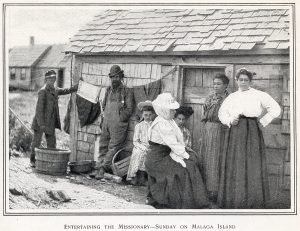
The tourism industry was taking hold, and real estate prices were rising quickly along the Maine coast. Malaga Island, located at the mouth of the New Meadows River in Phippsburg, was home to a community of white, black and mixed-race citizens thought to be descendants of an African American man named Benjamin Darling. The small, rural island and its residents didn’t fit Governor Frederick Plaisted’s vision of a thriving coastal tourism economy. Although there were efforts to improve life on the island, the State of Maine forcibly evicted the residents from their homes in 1911. In 1912, the homes were removed, and eight residents were committed to the Maine School for the Feeble Minded. To further erase any trace of the island community, the state exhumed the Malaga Island Cemetery and relocated seventeen bodies to the cemetery at the Maine School for the Feeble Minded, now known as the Pineland Cemetery. Although Governor Plaisted’s removal of the residents was ostensibly to make room for tourism, Malaga Island was never inhabited again.
It was not until 2010, nearly 100 years later, that then Governor Baldacci offered an apology to the descendants of Malaga on behalf of his predecessor and the State of Maine. In 2017, Governor LePage joined Malaga ancestors and advocates at the Pineland Cemetery to dedicate a memorial in honor of the community of Malaga Island.
To visit the memorial dedicated to those forcibly taken from Malaga Island and their descendants, continue north past Pineland Farms on Rt. 231. On the left, there are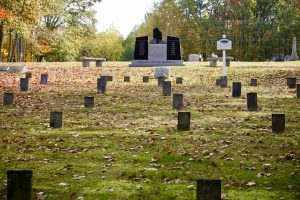 two cemeteries maintained by the town of New Gloucester, Webber & Pineland Cemeteries (adjacent but not on the Pineland Farms property). Walk to the end of Pineland Cemetery. There you will find the Malaga Island Memorial, dedicated in 2017, and the graves of the Malaga residents.
two cemeteries maintained by the town of New Gloucester, Webber & Pineland Cemeteries (adjacent but not on the Pineland Farms property). Walk to the end of Pineland Cemetery. There you will find the Malaga Island Memorial, dedicated in 2017, and the graves of the Malaga residents.
Malaga Island became a Maine Coast Heritage Trust public preserve and a Maine historical site in 2001. Visitors can take a self-guided tour of the island and learn about the history & archeology on the MCHT website.
The Pineland Farms Education Department offers a “Pineland’s Past” field trip designed for those in middle school or older. Field trips are not limited to schools, and any interested group is welcome to contact us at 207.650.3031 or education@pinelandfarms.org.
In 2022, Pineland Farms installed a Historical Malaga Island Walk which starts from The Grove off of Campus Dr. This walk continues along our Campus Loop Hiking Trail. QR Codes along the way link to the Documentary “Malaga Island: A Story Best Left Untold” By Rob Rosenthal & Kate Philbrick.
For more historical information follow these links:
https://mainestatemuseum.org/learn/malaga-island-fragmented-lives-educational-materials/the-history/
https://amazingblackhistory.com/2020/09/10/darling-benjamin-malaga-island-maine/
Visit Malaga Island:
https://www.mcht.org/preserve/malaga-island/
https://www.mcht.org/story/malaga-island-history/
https://www.mcht.org/wp-content/uploads/2019/04/malaga-preserve-self-guided-tour-05-17-sm.pdf
Books to read:
Pineland’s Past: The First One Hundred by Richard S. Kimball
https://pinelandfarms.storebyweb.com/s/1000-1/i/INV-1000-834
Lizzie Bright and the Buckminster Boy by Gary D. Schmidt
https://www.amazon.com/Lizzie-Bright-Buckminster-Gary-Schmidt
Documentary:
“Malaga Island: A Story Best Left Untold” – By Rob Rosenthal & Kate Philbrick
Map to cemetery:
1375 Intervale Rd. New Gloucester, Maine
